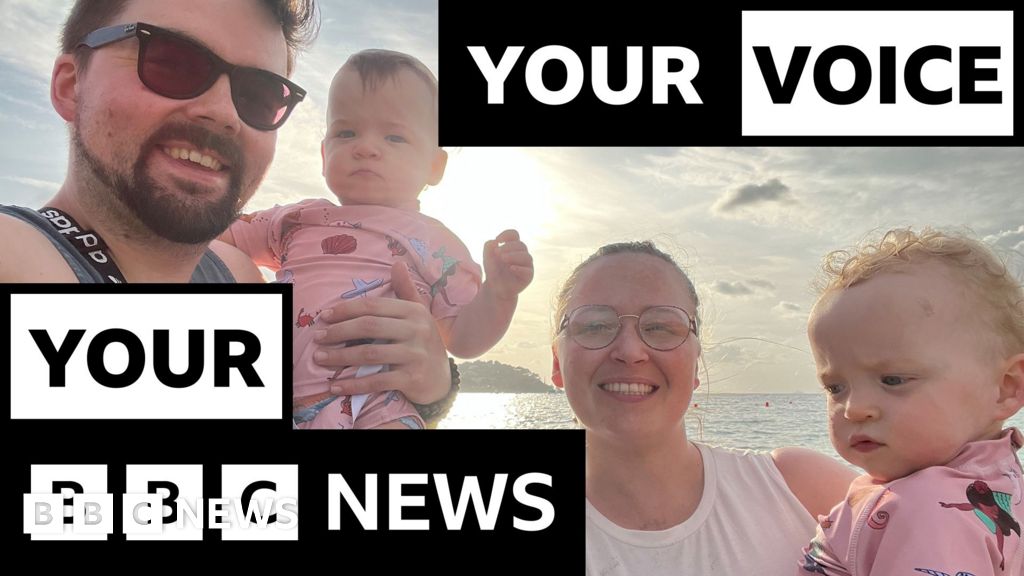The Internal Revenue Service is using the extra funding it received from the Inflation Reduction Act to audit big complex partnerships using data analytics and other technology tools, while working on hiring more experienced accountants.
The Government Accountability Office released a report Thursday recommending ways for the IRS to strengthen its audit process to address the increasing number of such partnerships. The report noted that more and more businesses have been organizing as partnerships, enabling them to pass through income and losses to their partners instead of being taxed as corporations. Between 2002 and 2019, the number of large partnerships with over $100 million in assets and 100 or more partners grew nearly 600%.
The IRS hasn’t been able to keep up with this pace. Since 2007, the audit rate for large partnerships has plummeted to below 0.5% since 2007. The IRS only audited 54 large partnerships in tax year 2019. Over 80% of the audits resulted in no change to the return on average from tax years 2010 to 2018, double the rate of large corporate audits. For those that did change, the average adjustment was negative $264,000. The low rate suggests the IRS auditors either aren’t selecting the riskiest returns to scrutinize or simply don’t know how to find noncompliance in those types of businesses.
Andrew Harrer/Bloomberg
IRS officials attributed the declining audit rate to resource constraints around people and funding. However, last year’s Inflation Reduction Act provided the agency with $45.6 billion for enforcement activities through the end of fiscal year 2031, and in response the IRS identified large partnerships as an enforcement priority. However, $1.4 billion of the funding was rescinded in 2023, and the White House reported an agreement to reduce future funding by $20 billion, the GAO noted.
The GAO made four recommendations to the IRS in its report, including improving the design of its models, along with developing guidance to define and measures to track large and complex partnership audits. The IRS agreed with the recommendations.
“As part of its audit selection process, IRS uses statistical models to help review partnership returns for potential noncompliance, but the models were developed without using representative samples of returns and with untested assumptions,” said the report. “Additionally, IRS has not developed a plan to incorporate feedback from audit results into the models. Addressing these modeling issues could improve IRS’s ability to better identify and audit noncompliant partnerships.”
The IRS said that it’s already taking steps to improve its modeling processes as well as its training, with help from the IRA. It’s also leveraging data analytics to improve its audits.
“The funding brought about by the Inflation Reduction Act significantly changes the calculus of what is feasible and positions the agency to successfully execute on several fronts to improve tax administration of and compliance for large partnerships,” said Douglas O’Donnell, deputy commissioner for services and enforcement, in response to the report. “Taxpayers and advisors would be well served to review their tax positions and ensure they are in a supportable posture as the IRS looks to significantly increase its commitment to this important component of tax administration. As we refine and execute on our strategy, we will be focused on data analytics, both in terms of data currently received and/or available, but also considering adjustments to tax forms that would support compliance and assist the partners in correctly filing their tax returns.”
Another step is hiring more experienced tax professionals to help with audits.
“We will also continue on our prior efforts to hire mid-career professionals who can help us move quickly to ramp up our efforts and hire new professionals who we can train and develop over time and who will make the IRS a career,” O’Donnell wrote. “We are committed to the ongoing development of tools that improve our ability to analyze the structure in which the partnership resides and provide a line of sight into the role the partnership plays in the operations.”
Former IRS Commissioner Mark Everson is starting to see the IRS ramp up its hiring and enforcement after receiving funding from the Inflation Reduction Act.
“I do think that as they build up the enforcement, they clearly are making a priority of going after high-income individuals,” Everson, who is currently a vice chairman at the tax consultancy alliantgroup, told Accounting Today. “That’s a clear, stated priority of the administration and the service. They’re sort of saying, ‘Yep, we’re looking at this, we’re going to work these cases, and we’re serious about it.’ They want people to know that they’ve started this work.”
“The challenge is hiring and training good people,” he explained, “because you don’t turn somebody loose without appropriate training. You’ve got to identify them and hire them first. Everybody knows if you’ve got five people in a revenue group in Mobile, Alabama, and then you hire two more, the people who are normally working cases are going offline. They’re a little less productive for a bit because they’re trying to train the new people. This will take a while to ramp up. But my understanding is they’ve got plenty of cases to look at in the pipeline that they can work. We’ll see more of this as it goes along. Some of the non-filing or collection issues with the wealthier taxpayers are actually easier to get at than some of the very complex corporate stuff with the big multinationals. It really takes a long time to unravel some of the partnerships.”
Senate Finance Committee chairman Ron Wyden, D-Oregon, reacted to the GAO report, indicating Congress should do more to end the tax breaks available to large partnerships.
“Large partnerships are the Wild West of tax compliance,” Wyden said in a statement. “The business structures are extraordinarily complicated, the tax rules that apply to them are riddled with loopholes, and the wealthy investors and corporations who use them to get out of paying a fair share know that the IRS has essentially zero ability to crack down. Congress never intended for large partnerships to become the granddaddy of all tax loopholes. As a matter of basic fairness, the Congress ought to close these large partnership loopholes that allow investors and corporations to make their taxes simply disappear.”
Credit: Source link











